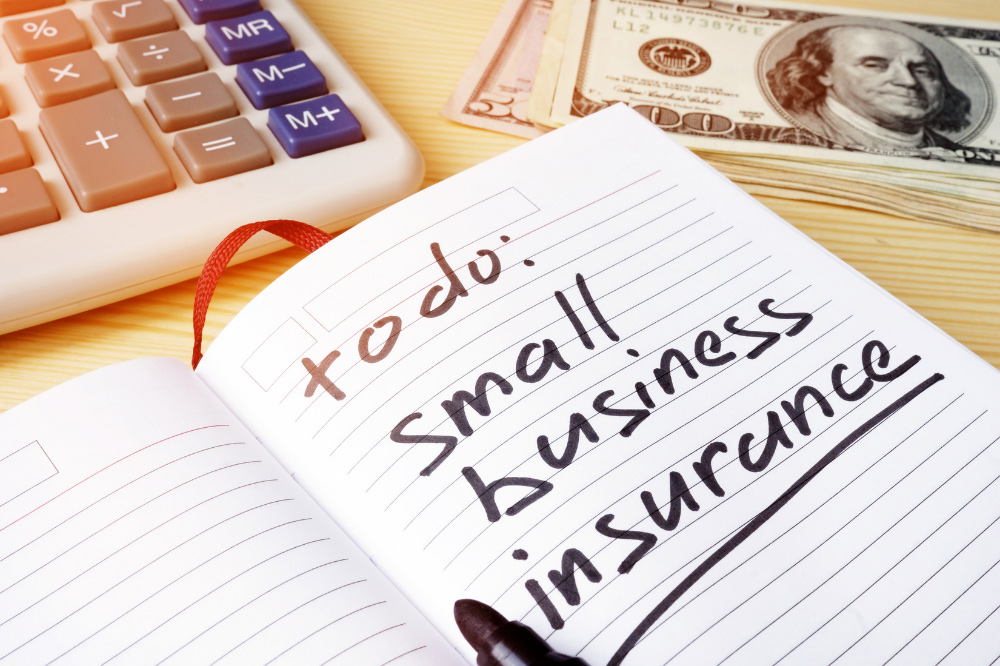Why You Need It
One of the key strategies for growing your small business is to land larger business-to-business (B2B) deals, like government contracts or retail deals with big box retail companies like Target or Walmart. If this is what you’re aiming for, though, then it’s crucial to have your back office and regulatory affairs in order. For example, one thing that will be required in order to even compete for most B2B contracts is that you have business insurance.
Now, just to be clear here: business insurance is needed to CYA, Sis. Without this kind of coverage, you may end up having to pay out-of-pocket for anything from property damage to accidents and lawsuits from unhappy clients or employees. No matter how awesome you are and how well you prepare, these threats are real and they can’t be prevented 100 percent. Plus, when they do happen, they can be devastating for both your business and your personal finances. So cover your butt by investing in proper business insurance.
That being said, our focus here at Sistahbiz is on making sure that you can grow a profitable, scalable venture, and that means helping you shoot your best shot at landing the clients that write big checks. So I’m going to share a bit about some different types of business insurance that are worth looking into as you move up to the big leagues.
Types of Insurance
First things first, there are many types of business insurance. So, depending on the size of your company, the products or services that you deliver, and other key factors, you may need one or more of these types of insurance.
- Commercial General Liability Insurance: This type of insurance, sometimes called CGL insurance, offers broad protection against a range of common risks, including property damage, bodily or personal injuries that take place on your premises, some kinds of medical payments, and more. CGL insurance may also be advertised as “all-risks” coverage, or insurance that covers anything that isn’t specifically excluded, but make sure that you double-check the language of any CGL policy before purchasing it.
- Professional Liability Insurance: Professional liability insurance (sometimes also called “errors and omissions” or E&O insurance) protects businesses that provide professional products or services against claims of negligence. Or, in other words, things like software or career coaching that don’t deliver the results a client wants won’t hurt anyone physically, so those professional items wouldn’t be covered by general liability insurance in the case of a civil lawsuit. However, professional liability insurance could. (Here it’s also worth keeping in mind that certain fields, like legal and medical, will have their own specific types of professional liabilities – and thus, unique types of professional liability insurance too.)
- Product Liability Insurance: This type of insurance is particular to businesses that offer – you guessed it! – products specifically. If something that your company manufactures, distributes, and/or sells has a defect that could cause harm to customers, their property, or their belongings, then product liability insurance can help you cover the costs of those claims.
- Cybersecurity Insurance: This is a specialized one, but you might be surprised at how many businesses it applies to! Basically, cybersecurity insurance protects against liability in case of cyber incidents, which are malicious attempts to damage or disrupt assets related to computer networks or systems. Data breaches, identity theft, misuse of your business or personal financial information, and even business interruptions… these are all examples that can happen to companies in any industry.
- Workers’ Compensation Insurance: This is an important one! Sometimes also called “workers’ comp” for short, this type of insurance helps with medical benefits and wage replacements for employees who have sustained injuries while working for your company. Workers’ comp is also valuable because employees access it by relinquishing their right to sue employers for the cause of that injury.
The Small Business Administration (SBA) also offers a side-by-side comparison of these different types of insurance and a run-down on which one you should consider, depending on the structure of your business. So does Insureon.com, which also looks at the different risks each type can protect you against. Take a look!
Key Decision Points About Business Insurance
While it’s helpful to start out by looking at the various types of business insurance available, every industry is different and every company is unique, so your business may have specific needs that your policy should cover. For example, you’ll probably need to consider:
- What type (or types) of insurance should I purchase? Here it’s worth working with an insurance agent, who can help you determine which risks your business is most likely to face and how you can protect yourself against those risks in the best and most cost-effective ways.
- How much coverage should I buy? This is another question that an insurance agent can help you explore and answer. However, a good starting point for this conversation is to investigate what normal coverage for your industry looks like, and what larger clients will typically ask for in B2B contracts.
- How much should I budget for this? Not to sound like a broken record, but… definitely ask an insurance agent before making any final decisions on this! However, this is another one that you can at least prep for: take a look at some average prices and quotes, and compare your options with what you know you can afford. That way, by the time you sit down with an agent to have that conversation, you’ll already have some ideas you can work with.
Once You Have It In Hand
Say you have your business insurance in place now. What comes next?
- Read your new policy. While insurance might feel like it’s out of your wheelhouse, and a good insurance company will also have agents and customer service reps who can answer specific questions for you, it’s still critical to have at least a sense of what you’ve signed up for. You should be able to answer basic questions about what risks you’re covered against, and you should know who to contact – and how – in case an accident does happen.
- Keep the COI ( Certificate of Insurance) handy. This is the document that clients usually request as proof that you have the required forms of business insurance. Some clients will also require that you reach out to your agent and get a COI with their specific name on it, so keep your agent’s contact information and phone number handy.
- Know and prep for any outstanding circumstances. In other words, there are some times and places where you can get an official waiver from workers’ compensation or unemployment insurance if you don’t have employees. Plus, depending on your business and circumstances, you could be asked for this instead of a certain COI. So, be prepared to obtain or show these documents if a client requires them.
Some Closing Thoughts
Whew. That all sounds like a lot, doesn’t it? Don’t get discouraged, though: business insurance can be a lifesaver, literally and figuratively, and if you want to succeed in this playing field, then CYA is just a part of the game at this level!

